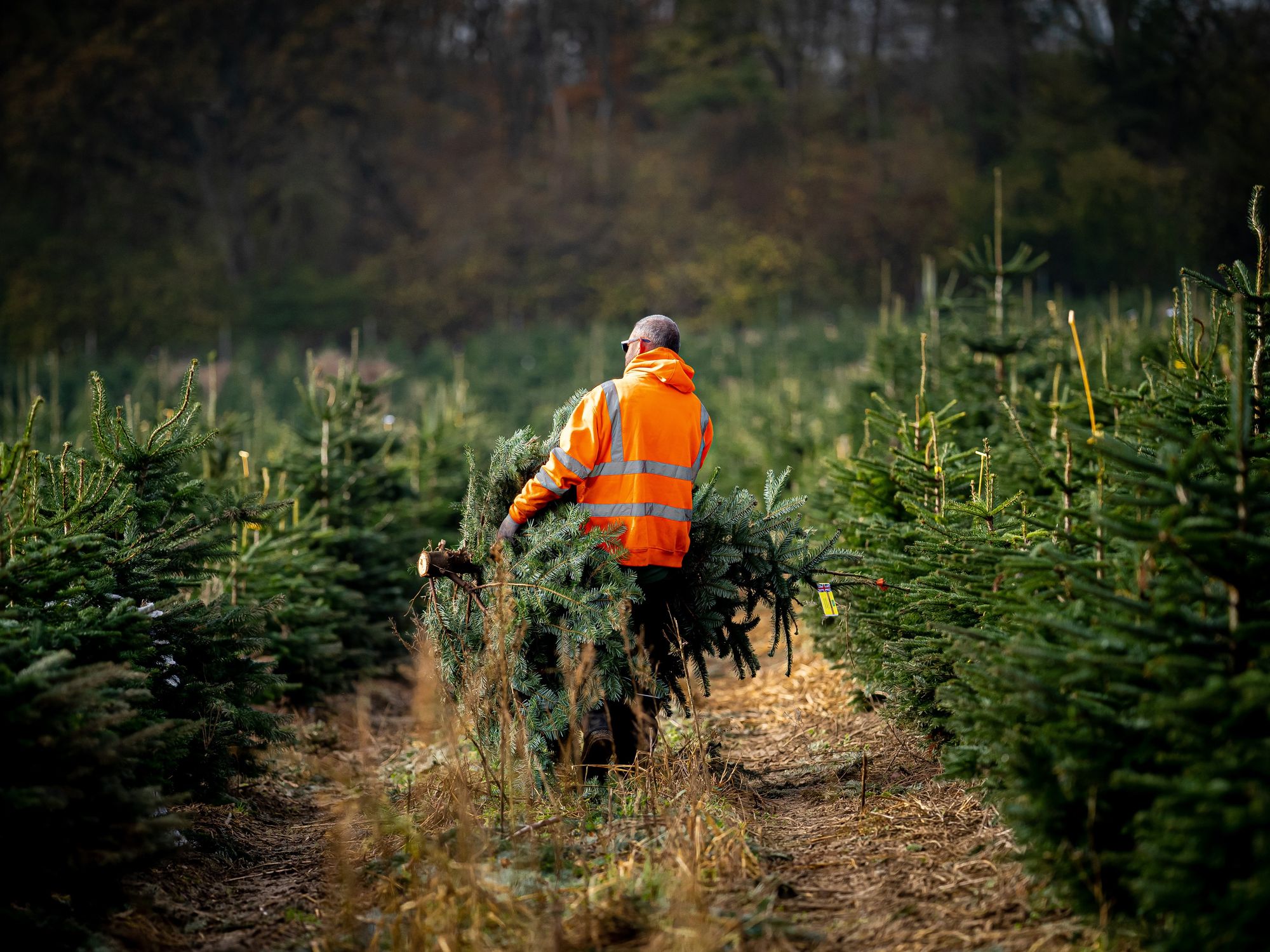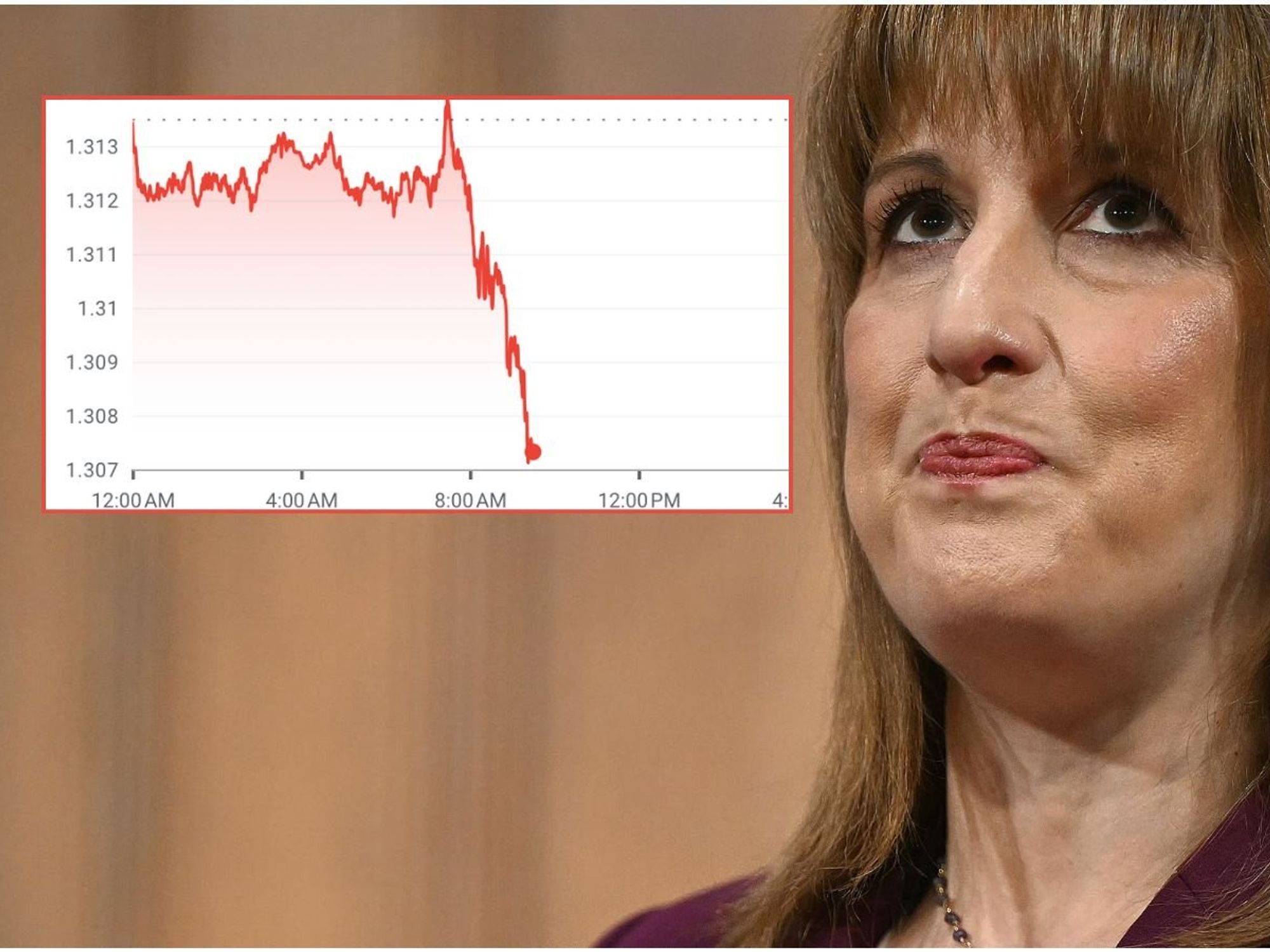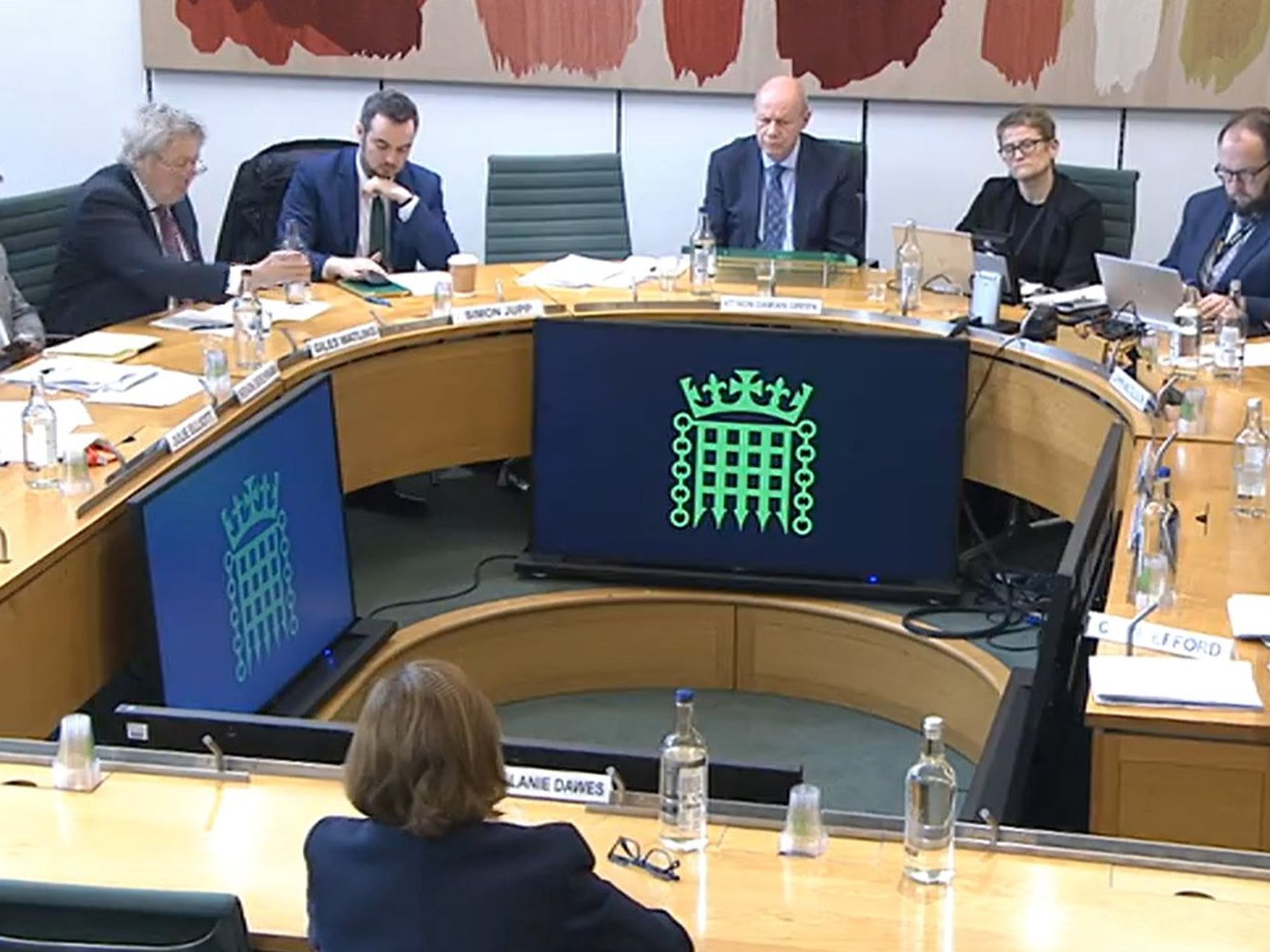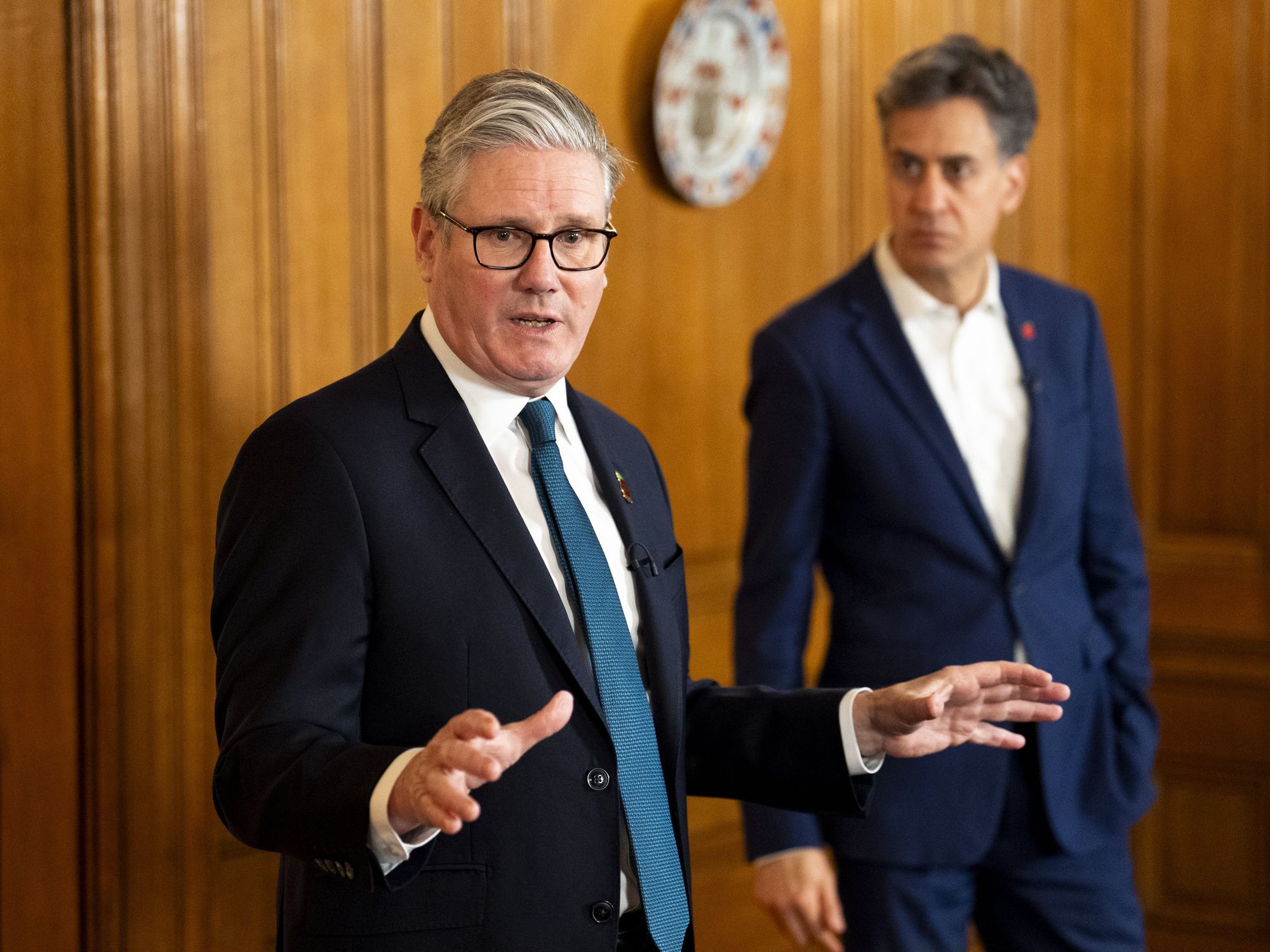British taxpayer cash used for £69 MILLION drive to hand out condoms in Congo - in the name of climate aid

The project is aimed at reducing deforestation in the central African region
Don't Miss
Most Read
Trending on GB News
British taxpayers are footing the bill for a £69million project to distribute condoms in the Congo basin as part of a climate aid scheme.
It is one of numerous costly initiatives funded through the International Climate Finance (ICF) programme, which will see £11.6 billion in overseas aid before the current financial year concludes.
Established during the Conservative Government and maintained by Ed Miliband, the scheme channels development assistance towards environmental projects in poorer nations.
As part of the initiative, £69million of taxpayer funds have been paid out to provide contraceptives to the central African region of the Congo, ostensibly on a conservationist basis.
TRENDING
Stories
Videos
Your Say
Government documents justify the use of the green cash for the project as a part of easing "demographic pressures on forests" in the area.
They suggest that slowing rapid population growth would result in reduced deforestation rates, The Telegraph reported.
The Democratic Republic of the Congo, which encompasses much of the region covered by the ICF handouts, has one of the fastest-growing populations on the planet.
Data for 2023 shows that births in the country averaged 6.1 per woman, dwarfing Britain’s 1.56 from the same year.

£69million of taxpayer cash is being used to distribute condoms in the Congo
|GETTY
It was recently revealed that Britain was pumping £88million into similar projects aimed at promoting contraceptives as part of the Foreign Office’s £111 million “Accelerating Family Planning in Pakistan” project.
ICF funding has also been allocated to a range of unusual projects around the world, including a £52million road in the Amazon rainforest.
The highway terminates at a tiny settlement of just 150 residents in the South American nation of Guyana.
It extends from Linden mining town towards Mabura village, but currently spans only 46 miles of its planned 75-mile route.
Construction began in December 2022 as part of a £140 million scheme, with half of Britain's contribution coming from ICF funds intended to create "climate resilient" infrastructure that remains passable during annual flooding.
LATEST DEVELOPMENTS

The green money being used is justified as part of a drive to reduce deforestation
|GETTY
The project was due to be completed next month, but a number of delays have resulted in sluggish progress.
Several looming impediments also threaten the road’s construction, with workers indicating the most tricky terrain to pave, peppered with small rivers, has yet to be reached.
In addition, the forest's rainy season is fast approaching, threatening to grind progress to a halt.
A sign in Mabura proudly bearing the UK aid insignia now sits covered in dust, used as a dumping ground for abandoned freezers.

Britain is also funding a £52million road to a remote Amazonian village
|GETTY
In a further galling development, environmental experts have suggested that such road projects, funded on an ostensibly conservationist basis, risk harm to the local area.
They warn that routes like the Guyana road could become an "artery of destruction", potentially damaging over two million acres of untouched tropical rainforest and savannah if extended to Brazil as planned.
Other ICF projects include a £4 million initiative called Championing Inclusivity in Plastic Pollution through "youth-led storytelling".
This programme, which aims to combat marine pollution, has been rolled out in Zimbabwe, Uganda and the Democratic Republic of Congo - nations with minimal or no ocean access.
Our Standards: The GB News Editorial Charter
More From GB News











